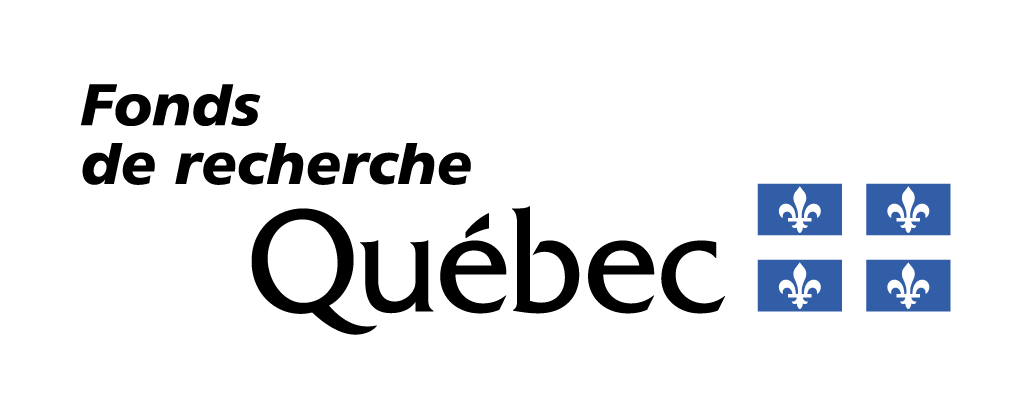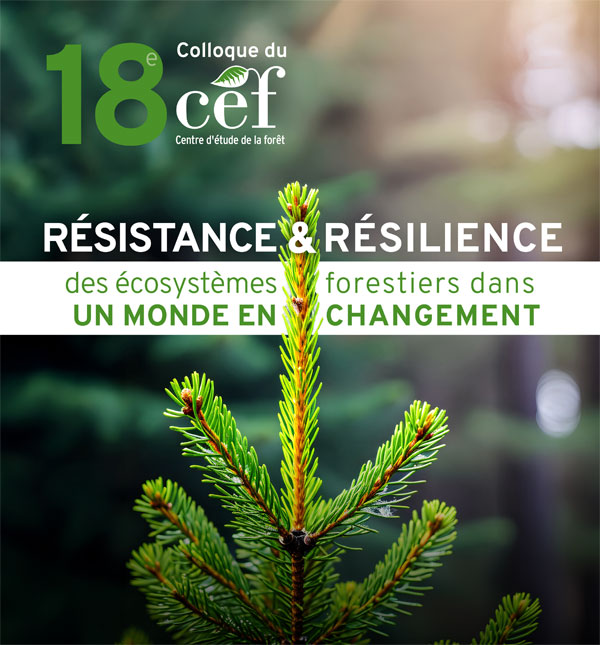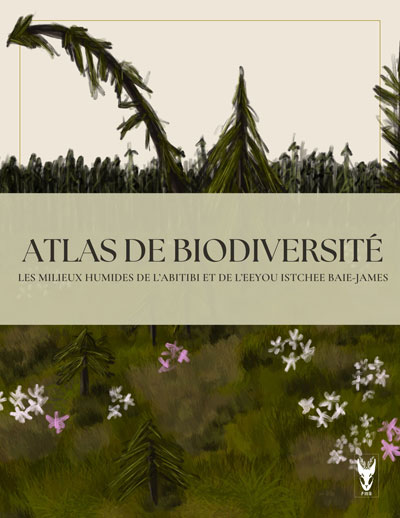
A traveling workshop of the 8.01.06 IUFRO Boreal and Alpine Forest Ecosystem Unit ![]()
Co-sponsored by IUFRO units:
7.03.07 - Population Dynamics of Forest Insects ![]() (Coordinator: Richard Fleming
(Coordinator: Richard Fleming ![]() )
)
7.03.05 - Ecology and Management of Bark and Wood Boring Insects ![]() (Coordinator: Martin Schroeder
(Coordinator: Martin Schroeder ![]() )
)
CALL FOR ABSTRACTS NOW CLOSED
- (please contact the committee directly for information about possible late submissions)
Registration closed!


| Ecosystem response to changes in disturbance regimes | Forest management and adaptation to change | Plant-insect phenology | Species-range expansion | Interactions among disturbances |
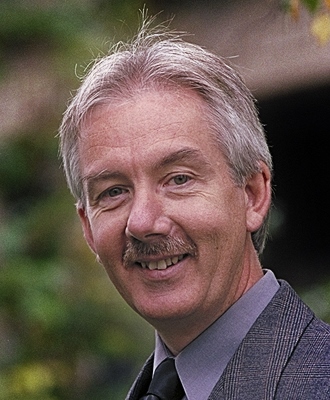 | 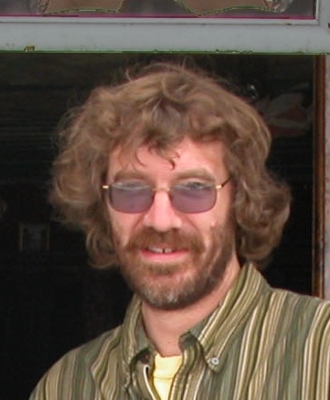 | 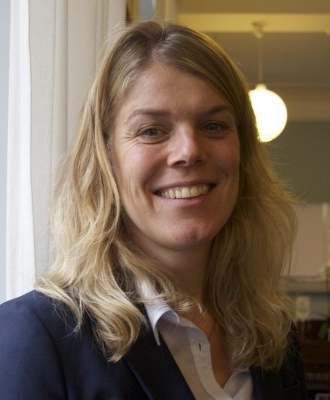 | 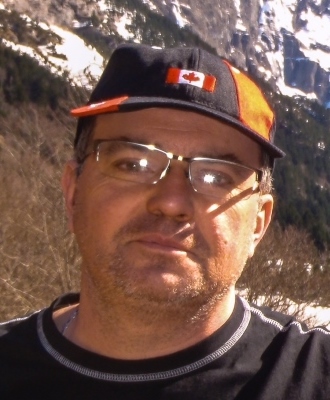 | 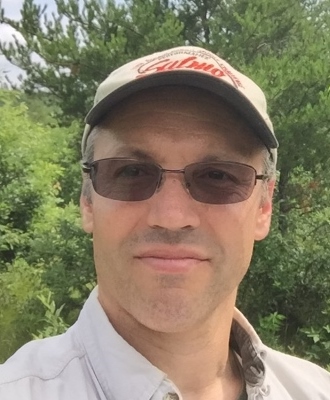 |
| David A. MacLean University of New Brunswick | Matthew P. Ayres Dartmouth College, New Hampshire | Maartje J. Klapwijk Swedish University of Agricultural Sciences | Jean-Noël Candau Canadian Forest Service, Sault Ste. Marie | Brian R. Sturtevant USDA Forest Service |
| Dr. David MacLean is a Professor at the University of New Brunswick, where he was Dean of the Faculty of Forestry and Environmental Management from 1999-2009. Prior to that, he spent 21 years as Research Scientist with the Canadian Forest Service, researching spruce budworm impacts, modeling, and decision support systems. In 2008 he was awarded the Canadian Forestry Scientific Achievement Award. Dr. MacLean is Lead Scientist for the ACOAAtlantic Innovation Fund 4-year, $18 million project Early Intervention Strategies to Suppress a Spruce Budworm Outbreak. Dave began his career in the midst of the 1970s-1980s budworm outbreak and is excited to experience a second outbreak. | Matt Ayres is a Professor of Biological Sciences, Chair Graduate Program in Ecology, Evolution, Ecosystems & Society, Associate Director Institute of Arctic Studies in the Dickey Center for International Understanding. Population dynamics are a prominent emergent property of biological systems. We study variable abundance of forest insects, especially those that can be “pests”. Study systems include bark beetles, Lepidoptera, wood wasps, scale insects, phoretic mites, and fungi. Research questions include: (1) why are some populations stable in space and time while others vary greatly; (2) how do processes operating at different spatial scales generate landscape patterns in abundance; (4) how do species interactions and climate influence pest populations; and (6) when and how does pestilence depend on whether the host and pests are native? I also teach courses in ecology. | Maartje Klapwijk is a researcher at the Swedish University for Agricultural Sciences since 2009. She is based at the department of ecology in Uppsala working within unit of forest entomology. She is an ecologist working on questions related to trophic interactions and population dynamics. Currently, her work is focusing on forest insects in relation to climate change and forest management Main research questions are (1) the effect of forest management strategy on insect damage and regulation by natural enemies (2) the effect of climate change on insect population dynamics (3) the role of bottom-up and top-down forces for population fluctuations of forest insects. | Jean-Noël Candau is a quantitative ecologist at the Canadian Forest Service in Sault-Ste-Marie (Ontario). He develops and applies statistical and computer simulation approaches to study the large-scale spatio-temporal dynamics of forest insects and their interactions with other disturbances and climate change Jean-Noël has been with the Canadian Forest Service since 2008. Prior to that he was a EU Marie-Curie Research Fellow and research scientist at the National Institute for Agronomic Research in Avignon (France), a research scientist at the Ontario Ministry of Natural Resources and NSERC research fellow at the Canadian Forest Service. Jean-Noël holds a Master’s in population biology from the University of Toulouse (France) and a PhD in quantitative ecology from the University of Pau (France). | Dr. Brian Sturtevant is a Research (Landscape) Ecologist with Northern Research Station of the US Forest Service, working out of the Institute for Applied Ecosystem Studies in Rhinelander, Wisconsin for the past 15 years. Dr. Sturtevant led an international research team investigating the effects of divergent land management legacies on spruce budworm outbreak dynamics at the border between Minnesota (USA) and Ontario (Canada), and is using insights from that research program to inform simulations of budworm dispersal and outbreak patterns in the northeast. He also serves as a board member and developer for the LANDIS-II model, and applies the model to understand disturbance interactions in northern forest ecosystems. Other current research interests include fire impacts and recovery processes and the restoration of fire-dependent ecosystems. |
Overview, Main Objectives and Themes
Climate change is causing northward shifts in species ranges. For mobile species such as insects this will increase their access to forest ecosystems where in the past their presence and impact was limited. Such range expansion and increase in outbreak severity of forest pests are occurring in Europe and North America. Temperature-mediated phenological changes and trophic interactions among host trees, herbivorous insects and their natural enemies are linked to understanding the long-term effects of range expansion on boreal ecosystems. The degree to which northern forest ecosystems are resilient to novel disturbance regimes will have direct consequences on the provisioning of goods and services from these forests and on long-term forest management planning.
The goal of this IUFRO workshop IUFRO Boreal and Alpine Forest Ecosystem Unit ![]() is to encourage discussions and foster international research collaborations on a major consequence of climate change on the resilience of northern ecosystems through a field visit, posters, scientific presentations and discussions. Presentations and poster sessions are welcome on the following themes:
is to encourage discussions and foster international research collaborations on a major consequence of climate change on the resilience of northern ecosystems through a field visit, posters, scientific presentations and discussions. Presentations and poster sessions are welcome on the following themes:
- Plant-insect phenology
- Species-range expansion
- Ecosystem response to changes in disturbance regimes
- Interactions among disturbances
- Forest management and adaptation to change
The meeting will mix formal presentations, poster sessions and extensive field visits, and will be structured to promote exchanges among participants. During this workshop, we will visit forests in northern Quebec that are affected by a spruce budworm outbreak that started in 2006. Spruce budworm outbreaks occur every 30-40 years, making this a rare opportunity. Participants will walk through stands at different defoliation levels and see the life stages of the pest and the damage it causes. Because of the traveling nature of this workshop, the number of participants will be limited.
To be included in the mailing list for updates on the conference, please contact Pierre Godbout. Details on the program will be forthcoming.
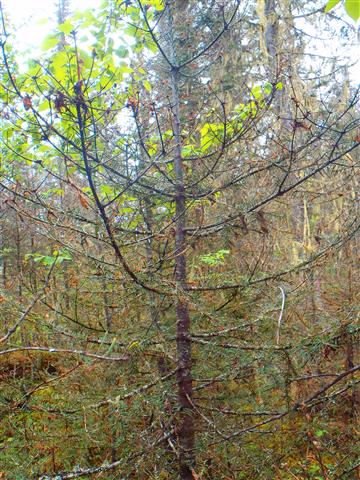
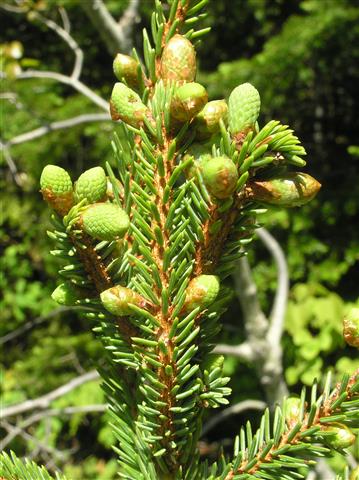
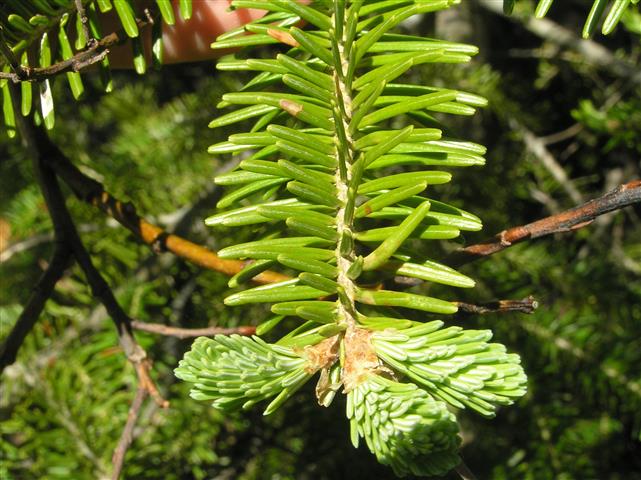
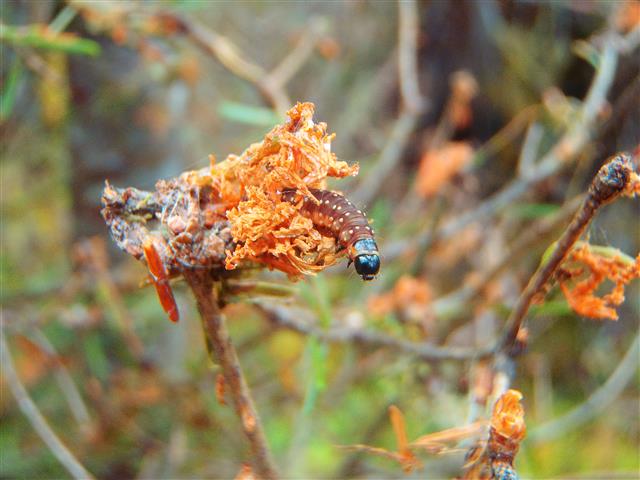
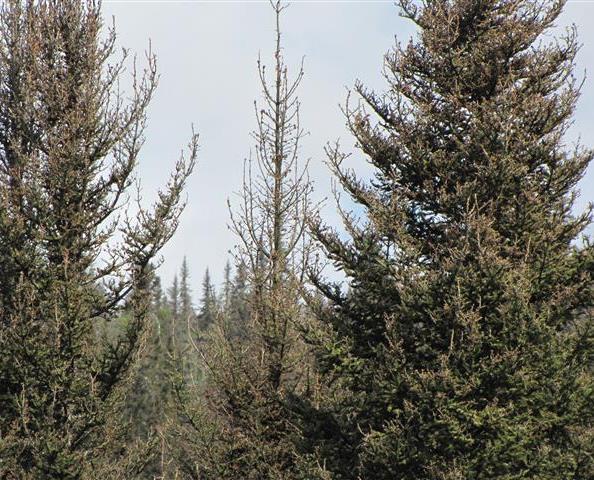
- Louis De Grandpré
 , Canadian Forest Service (co-chair)
, Canadian Forest Service (co-chair)
- Deepa Pureswaran
 , Canadian Forest Service (co-chair)
, Canadian Forest Service (co-chair)
- Christian Hébert
 , Canadian Forest Service
, Canadian Forest Service
- Daniel Kneeshaw
 , Université du Québec à Montréal
, Université du Québec à Montréal
- Mathieu Bouchard
 , Ministère des Forêts de la Faune et des Parcs du Québec
, Ministère des Forêts de la Faune et des Parcs du Québec
- Pierre Bernier
 , Canadian Forest Service
, Canadian Forest Service
- David Gervais
 , Canadian Forest Service
, Canadian Forest Service
- Dominique Boucher, Canadian Forest Service
- Pierre Godbout, Canadian Forest Service
The workshop will begin in Sept-Îles ![]() and will travel southwest towards Baie-Comeau
and will travel southwest towards Baie-Comeau ![]() . We will return to Sept-Îles the following day.
. We will return to Sept-Îles the following day.
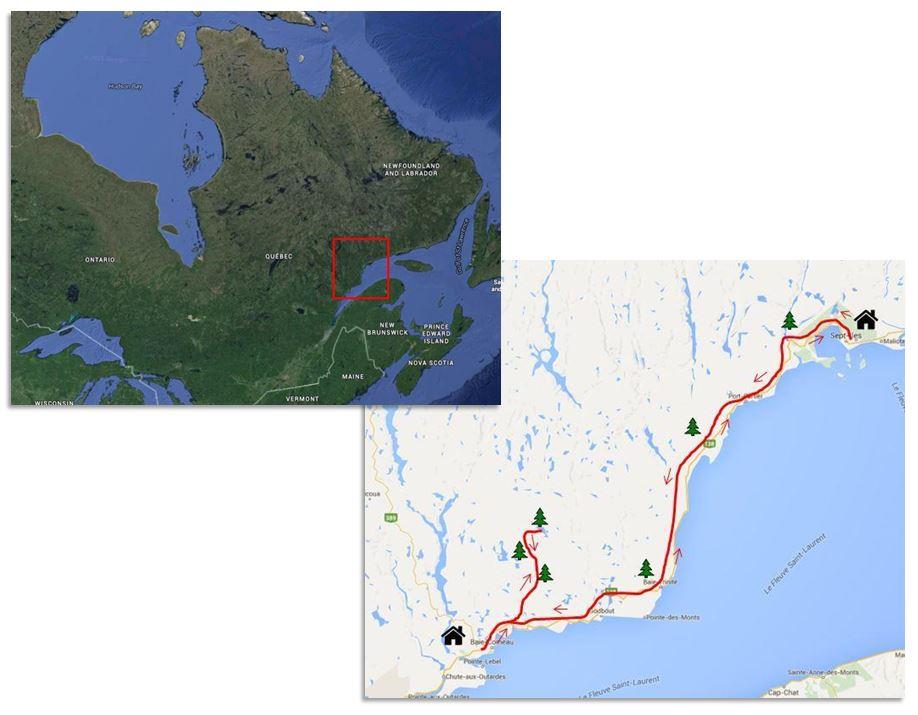
Conference delegates will experience and enjoy the vast wilderness of eastern Canada and participate in local culinary and cultural activities. The workshop will be limited to a group of 50 participants. Learn more here ![]() about the province. The workshop will be held in July, which will be during the summer season. Expect daily temperatures around 25 Celsius (77 Fahrenheit).
about the province. The workshop will be held in July, which will be during the summer season. Expect daily temperatures around 25 Celsius (77 Fahrenheit).
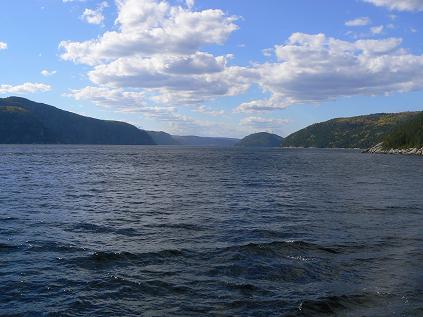
ttach:0582.jpg
Additional tourist information:
More details to come.
Sept-Îles is located in Quebec, Canada ![]() , and is accessible through ground transportation and plane (Airport code: YZV
, and is accessible through ground transportation and plane (Airport code: YZV ![]() ).
).
Value-added taxes (not included) are of 15% in Quebec, but are refundable to international participants upon departure from Canada.
The conference will be held at Hôtel Sept-Îles ![]() .
.
Accommodation: July 10, 11 (2 nights); 13 and 14 (2 nights) 2016. Accommodation for the night of July 12th is included with the registration; no need to make a reservation for this date.
Conference guests must make their accommodation reservations themselves directly with the hotels for the following dates: July 10th, 11th, 13th and 14th. All hotel fees are to be paid directly to the hotel on site at your departure. Hotels accept all major credit cards. Please consult with the hotel for terms of payment and cancellation policy.
Conference organizers have made bulk reservations in two hotels in Sept-Îles:
Please add “IUFRO 2016” after your name when booking a room. Hotel quotas will be held until June 1st 2016. After this date, reservations will be possible according to availability.
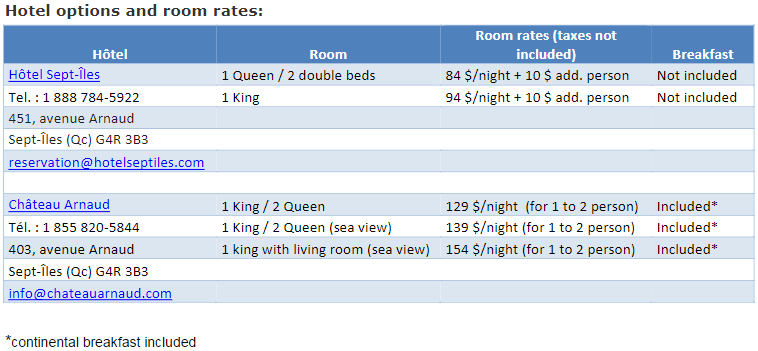
Download accommodation details ![]()
Download the second announcement Δ
Download the first announcement ![]()
Download the condensed program ![]()
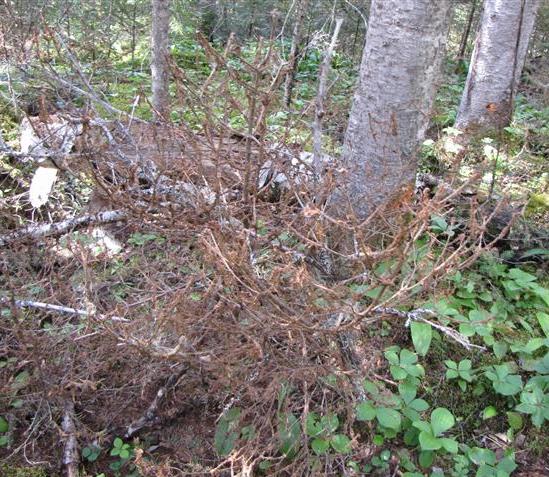
- Arrival of attendees
- 18h30 Ice breaker at Hotel Sept-Îles
- 8h15 - 9h00: Opening of the workshop
- Theme 1: Phenology
- 9h00 – 9h40: Maartje J. Klapwijk. Plant – Insect phenology: Climate Change, Interactions and long term population dynamics
- 9h40 – 10h00: Emma Despland. Phenology of host susceptibility to Eastern spruce budworm
- 10h00 – 10h30: Session break
- 10h30 – 10h50: Sandra Flores-Meija. Evaluation of the relative performance of a tri-trophic food web under different climate change scenarios for southern Canada
- 10h50 – 11h10: Deepa Pureswaran. Phenological synchrony between eastern spruce budworm and its host trees increases with temperature in the boreal forest
- 11h10 – 11h30: Sergio Rossi. Divergent responses of bud break to daytime and nighttime temperature under asymmetric experimental warming
- 11h30 – 11h50: Helena Bylund. Spring phenology matching in interaction with population dynamics
- 11h50 – 12h10: Nathalie Isabel. Host tree/pest phenology: the host perspective
- Theme 2: Range Expansion
- 13h30 – 14h10: Jean-Noël Candau. Species- range expansion.
- 14h10 – 14h30: Yan Boulanger. Model-specification uncertainty in future forest pest outbreak
- 14h30 – 14h50: Glenn R. Kohler. Monitoring Flight Periods and New Range of California Fivespined Ips in the Pacific Northwest
- 14h50 – 15h10: Hubert Morin. Multi proxy evidence of SBW northern distribution shift in the boreal forest.
- 15h10 – 15h40: Session break
- 15h40 – 16h00: Julia Falt-Nardmann. Do the gypsy moth and the nun moth have a chance in northern Fennoscandia?
- 16h00 – 16h20: Adriana Arango-Velez. From west to east, south to north, the unwelcome guests Mountain pine beetle (MPB- Dendroctonus ponderosae Hopkins) and Southern pine beetle (SPB- D. frontalis Zimmermann). Are naïve conifers ready to defend?
- 16h20 – 16h40: Kari Saikkonen. Photoperiodism and climate change-driven species’ range shifts
- 16h40 – 17h00: Véronique Martel. To be determined
- Field trip in direction of Baie-Comeau from Sept-Îles
- Field trip returning to Sept-Îles from Baie-Comeau
- Theme 3: Ecosystem Response
- 9h00 – 9h40: David A MacLean. Ecosystem response to changes in disturbance regimes
- 9h40 – 10h00: Adrianna Foster. The interaction between climate change, bark beetles, and fire, and its effect on subalpine vegetation
- 10h00 – 10h20: Angelo Fierravanti. Environmental-mediated relationships between tree growth of black spruce and abundance of spruce budworm along a latitudinal transect in Quebec, Canada.
- 10h20-10h50: Session break
- 10h50 – 11h10: Melbert Schwarz. Investigating the impact of the gut associated microbial community on the health of Eastern spruce budworm
- 11h10 – 11h30: Pierre Bernier. Working towards a Canada-wide assessment of forest dynamics
- 11h30 – 11h50: Mathieu Bouchard. Environmental factors influencing the development of the current spruce budworm outbreak across Québec
- Theme 4: Interactions among disturbances
- 13h30 – 14h10: Brian R. Sturtevant. Interactions among disturbances
- 14h10 – 14h20: Louis De Grandpré. Extreme climatic events preceded spruce budworm-induced tree mortality in eastern boreal North America
- 14h20 – 14h40: Hedvig Nenzen. More than Moran: Coupling statistical and simulation models to understand how dispersal and climate variation drive outbreak dynamics
- 14h40 – 15h00: Louis-Étienne Robert. Influence of cumulative spruce budworm defoliation on the risk of fire ignition in Ontario, Canada
- 15h00 – 15h30 Session break
- 15h30 – 15h50: Christian Hébert. How climate change and forest management may have triggered the first outbreak of the Hemlock Looper in the Laurentian Wildlife Reserve
- 15h50 – 16h10: Simon Karvemo. Impact of gap-creation and prescribed burnings on bark-beetle communities
- 19h00: Banquet
- Theme 5: Management and Adaptation
- 8h30 – 9h10: Matthew P. Ayres. Forest management and adaptation to change
- 9h10 – 9h30: Guillaume Sainte-Marie. Using landscape-level forest management to reduce the intensity of spruce budworm outbreaks
- 9h30 – 9h50: Bruce Persaud. Comparing the tree height and gap distributions of boreal old growth and second growth forests using airborne lidar
- 9h50 – 10h10: Marie-Andrée Vaillancourt. Spruce budworm outbreak in Québec province: monitoring the impacts and adapting forest management
- 10h10 – 10h30: Dan Kneeshaw. Interactions between forest management, succession and insect outbreaks: positive and negative feedbacks
- 10h30 – 11h00: Session break
- 11h00 Synthesis and discussion
- 11h45 End of sessions and workshop
- Before May 1st 2016 - Early registration (full week, including lunches, banquet and all costs associated with the field trip): 500$ CAD + tx
- After May 1st 2016 - Late registration (full week, including lunches, banquet and all costs associated with the field trip): 650$ CAD + tx
- Local participants who wish to attend individual sessions may register for those days only. Single day registration fees include lunch only.
- Full week participation is limited to 50 participants who will travel together aboard a single bus to Baie-Comeau and to field sites. Participants will be accepted on a first come – first served basis.
- All attendees must pay federal taxes (GST) of 5%. Quebec residents must also pay provincial taxes (QST) of 9.975%.
Included
- All conference sessions
- Ice breaker
- All lunches
- Expenses during the field trip: dinner and lodging in Baie Comeau on Tuesday, breakfast on Wednesday
- Thursday evening banquet
Not included:
- Lodging in Sept-Îles (Sunday, Monday, Wednesday and Thursday night)
- Airfare to Sept-Îles
- Breakfast and three dinners in Sept-Îles
Abstract Submission
Abstract submission is now closed. Please contact the committee directly for information about possible late submissions.
The abstract should be limited to between 250 and 300 words and the language should be in English. Abstracts not respecting these conditions will be refused. The abstracts cannot be modified after the submission deadline.
Specific instructions for poster - Posters should be set in PORTRAIT format with maximum dimensions of 36 inches wide by 48 inches tall (91.4 cm x 122 cm). Read the following article in Nature ![]() to improve the quality of your poster.
to improve the quality of your poster.
Specific instructions for oral presentations - Oral presentations should be 15 minutes in length, followed by 5 minutes of questions. Slides should be in PDF or Microsoft PowerPoint format. Office 2010 will be installed on the computers. You can use previous versions of Office, if you do not have version 2010. If you have video or other animation, make sure that the presentation is compatible with Windows PC. Also, because we cannot guarantee access to the Internet, it is important that you save a copy of your presentation on a USB key. Therefore, cloud presentations (on the internet) must not be used (Prezi and others).
Finally, to ensure that the sessions run smoothly, NO internet connections will be permitted during the presentation. Mac users should ensure that they have a version of Office that is compatible with Windows PC.

In-Kind Partners

Ministère des Forêts, de la Faune et des Parcs
Université du Québec à Montréal
Centre d'étude de la forêt
IUFRO
Mr. Pierre Godbout
Canadian Forest Service
Email
Last update: January 13, 2016






